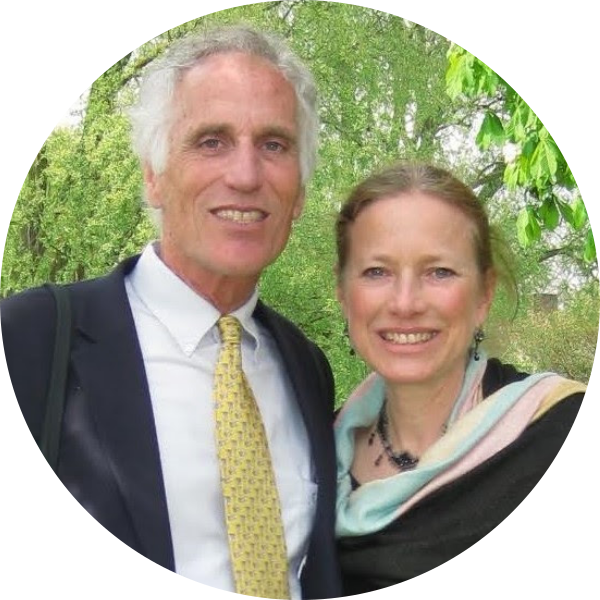
Some introductory comments by Kelly O’Donnell, PsyD on the article:
The Psychology Behind Unethical Behavior by Merete Wedell-Wedellsborg, Harvard Business Review (12 April 2019)
A bitter truth is better than a sweet lie.
Uzbek proverb
Wondering what makes us “tick” when it comes to making unethical decisions? This article can help. It offers a quick, readable explanation of three core psychological dynamics that can undermine our positive ethical values in business and frankly in almost any setting. And these dynamics can certainly
intensify when stress and anxiety levels are high such as during the current pandemic.
“So how do you know when you, or your team, is on the road to an ethical lapse?”
Omnipotence: an overestimation of self-importance marred by entitlement, inattention to feedback, being above ethics, narcissism, and hence “leadership hubris” and abuse of power
Cultural Numbness: a progressive pressure towards group conformity and group think leading to compromise, collusion and “willful blindness” which props up poor ethical practice
Justified Neglect: a conscious and unconscious rationalization of why we do not need to act on our own ethical values, leading to “moral disengagement” to the detriment of others
I found the article to be both helpful and disturbing. Helpful in that the author, Merete Wedell-Wedellsborg, uses her psychology background and writing skills to engage us in considering some important, evidence-based psychological truths. Disturbing, because it applies not simply to the “bad” folks out there but to all of us “good people with good ethics.”
“Even though most companies have some cultural and structural checks and balances, including values statements, [corporate social responsibility] guidelines, and even whistleblower functions, leaders must also be mindful of the psychological conditions that push people — including themselves — to cross ethical lines. Understanding the dangers of omnipotence, cultural numbness, and justified neglect are like installing the first few warning signs on the long road of your career. You will inevitably hit some bumps, but the more prepared you are to handle them, the likelier you are to keep your integrity intact.”
The Psychology Behind Unethical Behavior by Merete Wedell-Wedellsborg, Harvard Business Review (12 April 2019)
So I encourage you to give the article a good read. And a good re-read. It can also be an interactive tool to stimulate discussion with colleagues and applications for different organizational settings, cultural contexts, and faith-based perspectives. Hopefully it can help to mitigate against our propensities toward self-justification including rationalizing “foolish beliefs, bad decisions, and hurtful behaviors” (Tavris and Aronson, 2020) as well as to stir up the more positive qualities and virtues in our best selves. (e.g., World Humanitarian Day, 19 August 2020: Real Life Heroes).
Going further
For more tools to better understand psychological dynamics affecting ethical behavior—what makes our inner ethical clocks “tick”, the Resources and Endnotes in A Summons for a Global Integrity Movement: Fighting Self-Deception and Corruption, Lausanne Global Analysis (March 2018). Examples include:
- The Dangers of Willful Blindness, Margaret Heffernan, TEDTalk (2013)
- Moral Disengagement: How People Do Harm and Live with Themselves, Albert Bandura (2016)
- Integrity and Accountability for United Nations Staff, UN Special, Kelly O’Donnell (March, April 2017)